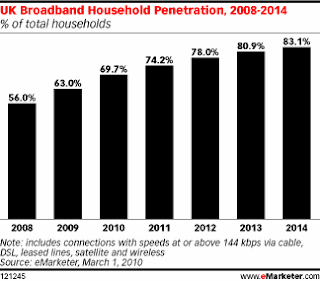
![]()

Household income is a measure of the combined incomes of all people sharing a particular household or place of residence. It includes every form of income, e.g., salaries and wages, retirement income, near cash government transfers like food stamps, and investment gains.
Among the more alarming claims about the troubled National Broadband Network is an assertion that Kenya now has faster internet than Australia. But Prime Minister Malcolm Turnbull has called this complete rubbish, citing what he says is low broadband penetration in the African nation.
Latest data update: 9 February 2018. Mobile broadband penetration over 100% and mobile termination down 42% in three years in OECD area >> Read more Le taux de pénétration du haut débit mobile dépasse les 100% et les tarifs de terminaison d’appels ont chuté de 42% en trois ans dans la zone OCDE
The above statistic shows the internet penetration rate in selected Asian markets in as of June 2017. During the survey period, the estimated internet penetration in the Philippines was 55.5 percent.
Home broadband use over time. The proportion of American adults with high-speed broadband service at home increased rapidly between 2000 and 2010.
Free report – five-year broadband subscriber forecasts. We forecast 940m broadband subscriptions end 2018. Subscriptions will exceed 1 billion this decade.


7 July 2017: High-speed Internet use continues to grow in OECD countries with mobile broadband penetration reaching 99 subscriptions per 100 inhabitants in December 2016, up from 91 per 100 a year earlier, according to data released by the OECD.
Myanmar (Burma) – Telecoms, Mobile, Broadband and Digital Media – Statistics and Analyses Executive summary Myanmar sees the entry of a fourth Mobile Operator



ITU releases 2016 ICT figures ICT services getting more affordable – but more than half the world’s population still not using the Internet


